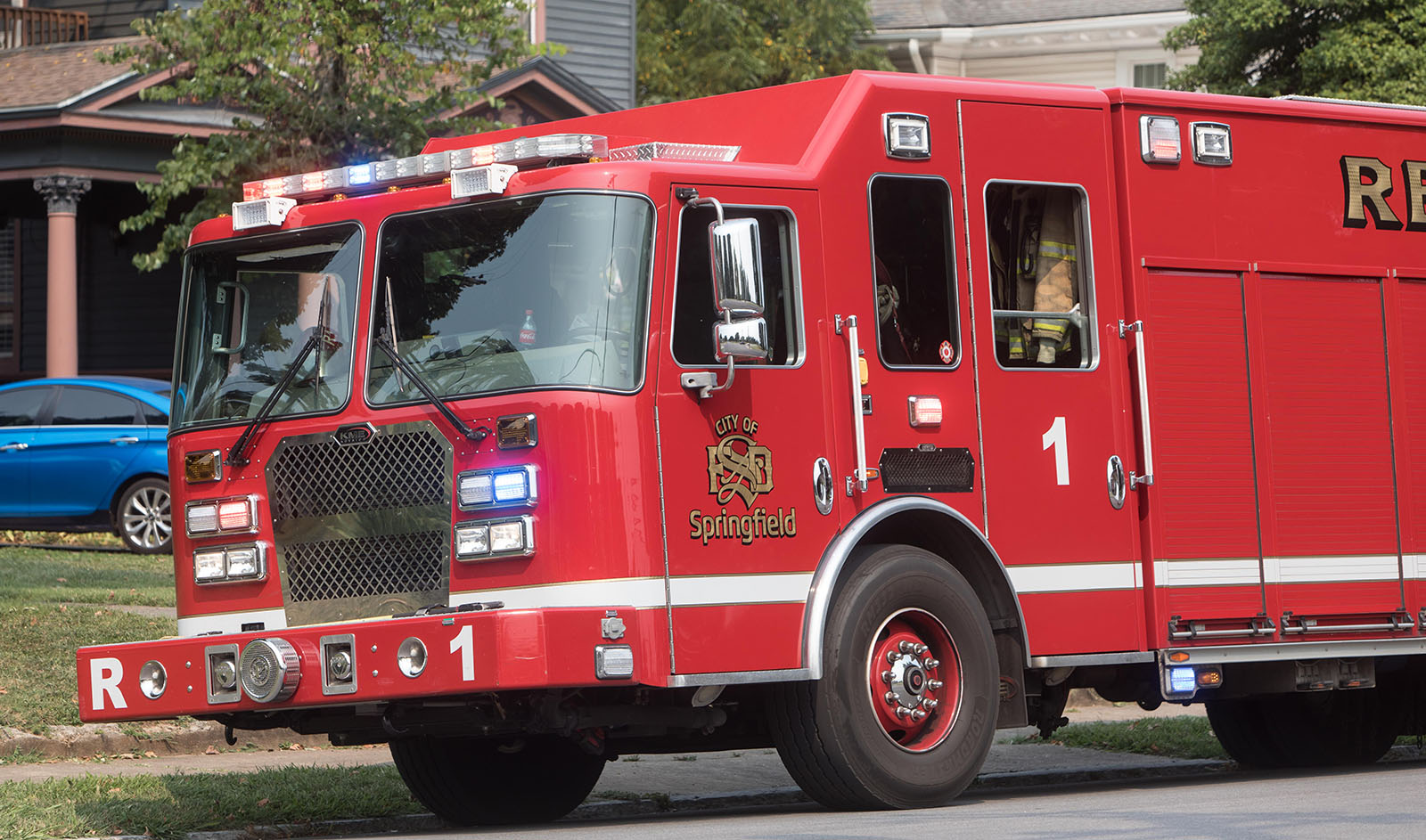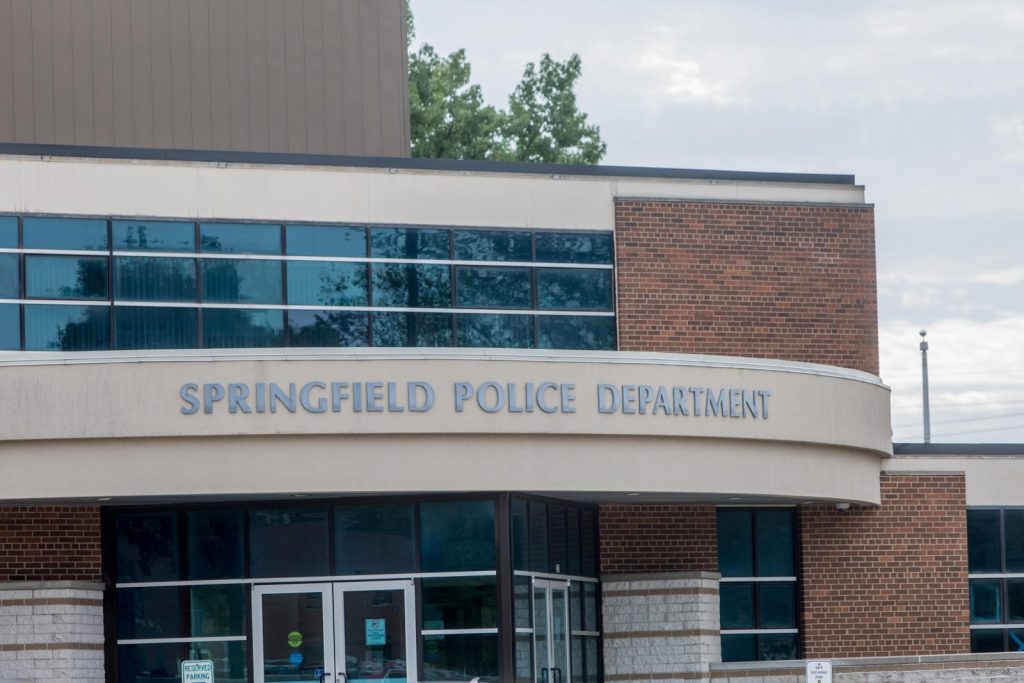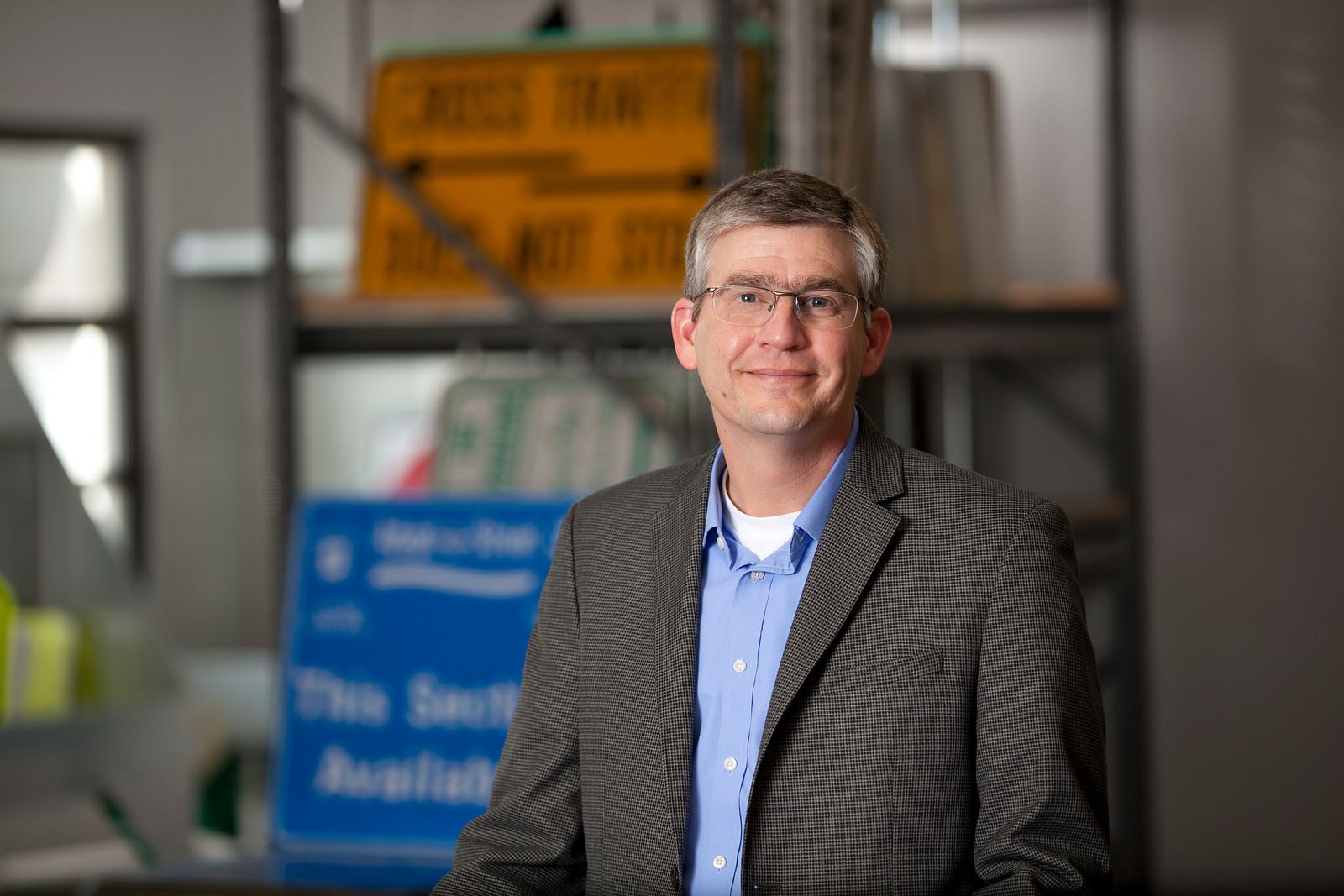With no shortage of needs across Springfield, the Citizens’ Commission on Community Investment has a lot to consider for a potential tax measure to replace Springfield's expiring ¾-cent Pension Sales Tax.
In the commission’s second meeting on April 30, Police Chief Paul Williams, Fire Chief David Pennington and Public Works Director Dan Smith outlined their departments’ successes, deficits and needs that could be met with a new sales tax.
Established by the Springfield City Council on April 8, the 30-member commission began deliberations in earnest on April 16, facing a June 30 deadline to provide council members a final report and recommendation for a potential tax measure to make the November ballot.
After the City Council struggled to reach consensus on a proposed tax measure in September 2023, council members agreed on the need to continue meeting the city’s obligations to the Police Officers’ and Firefighters’ Retirement System, fund public safety initiatives and implement the vision of Springfield’s comprehensive plan, Forward SGF.
New fire stations, personnel require additional funding

Despite the staffing successes and national recognition of the Springfield Fire Department, the “237-member customer service agency” and the services it provides could benefit significantly from additional funding.
Though well below national personnel standards for municipal fire departments, with 1.34 staff per 1,000 residents, compared to the national average of 1.54 to 1.81, recruitment for the Springfield Fire Department has been strong. Chief Pennington reported a three-year high in new applicants.
While increasing the fire department’s authorized strength is a policy decision, additional personnel will be needed to meet Springfield's future needs, “whether that’s through annexation or just organic growth of our community.”

With three of four new fire stations promised in a 2026 bond package complete, and one planned for west Springfield, the fire department requires additional funding to maintain its facilities, and the construction of four new stations in the department's long-term plans.
“We're gonna need additional revenue to support not only the construction of these buildings, but we don't have a solid revenue stream or additional budget for Dan Smith, the Public Works director, to sustain these properties,” Pennington said.
“We’re tenants,” Pennington explained. “Public Works maintains the facilities, it’s their buildings, and there is insufficient budget to provide just general sustainment items. Not cool sexy things like new fire stations, it's concrete, and roof repairs, and HVAC systems and things like that.”
The fire department faces rising costs for new fire trucks, in addition to other unfunded, “miscellaneous need” items, including the replacement of a nearly 30-year-old fire station alerting system Pennington said is maintained with parts bought on eBay.
Northeast Springfield substation, driving track on police wish list

Staffing continues to top the list of needs for the Springfield Police Department, with 68 total vacant positions between sworn officers and professional staff. Despite the police staffing shortage, which Chief Williams emphasized is a national problem, Springfield continues to see an overall reduction in crime, with the exception of violent crime and crime involving guns.
“If we were able to staff back up, my hope, it's gonna get even better,” Williams said, knocking on a podium to “knock on wood” while presenting to the commission.
Upping officer pay could help make that happen. While the police department has been “chipping away” at salary and benefit deficiencies to keep up with other law enforcement agencies, Williams referred to the potential tax measure as an “opportunity to make a transformational shift in how we fund and provide for salary and benefits for police officers.”
A $6 million test track by the airport?

Williams implied a new tax could serve as a dedicated funding stream for the police department, which could also benefit other city employees by opening up money allocated for the general fund.
Like the fire department, the police department could use additional funding to cover miscellaneous needs, from new radios to crime prevention software to community engagement initiatives.
At a minimum, Williams would like to see the department’s annual discretionary funds — which decreased from nearly $500,000 in 2008 to about $200,000 in 2010 to fund the Police Officers’ and Firefighters’ Retirement System and help the city weather the Great Recession — return to its previous level.
With a new revenue source, the police department could also be in for some new capital projects, including a potential substation in northeast Springfield, co-located with a new fire station.
Williams also emphasized the “long-term need” of a driving track to serve all city employees, including police officers, firefighters and Public Works staff, and added that he's in discussions with Springfield-Branson National Airport Director of Aviation Brian Weiler about the possibility of constructing such a facility — which he estimated to cost between $5-6 million to construct — by the airport.
A hole in the pot means potholes for Public Works

The Springfield Public Works Department, which plays a supporting role for other city government departments in addition to the engineering and maintenance of public infrastructure, has been particularly squeezed by inflation, which has contributed to a nearly 60% increase in construction costs since the COVID-19 pandemic.

“It's astonishing, honestly, it's unprecedented,” director Dan Smith said. “We could have never planned for this type of cost increases…as we look to the future, and our infrastructure system, the cost will be higher to do what we need to do both to maintain and to provide new infrastructure.”
Between four high priority infrastructure categories — pavement, sidewalks, stormwater and public facilities — Public Works faces an annual deficit of about $24 million, equal to the amount collected from the city’s ¼-cent Capital Improvement Sales Tax and ⅛-cent Transportation Sales Tax combined.
Trying to maintain the city’s underfunded infrastructure leaves little money for economic development projects, which can allow Public Works to leverage local dollars through cost-share agreements with public and private entities, though Smith said they don’t put “nearly enough money into that pot” at about $1 million a year.
While Public Works’ arborist team does what it can to beautify Springfield, Smith emphasized more funding is needed to fulfill the goals of Forward SGF, which would require the department to increase the scope of its services.
“As we look to those items, it will take additional revenues to provide for those things that the community has envisioned,” Smith said.

